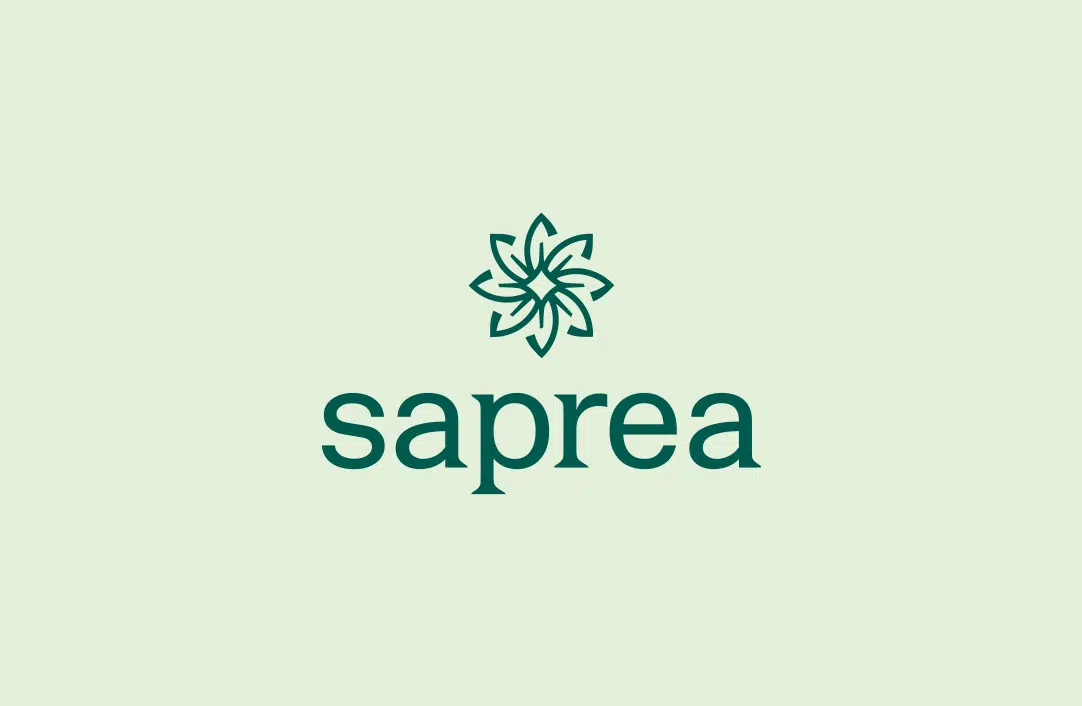Nonprofit organizations (sometimes referred to as NPOs) often reflect the best of society as they bring employees and volunteers together to work towards a common goal. Oftentimes, these goals are to support basic human needs, social causes, or conservation efforts related to our natural resources. A big difference between a for-profit organization and a nonprofit organization is that a nonprofit does not generate profits for its owners. So, if nonprofits don’t generate profit how do they work?
What Is a Nonprofit and How Does It Work?
A nonprofit organization (NPO) is an organization that typically uses public and/or private donations to fund its philanthropic mission to further a social cause and/or provide a public benefit.1
Every year, over one million children will be sexually abused; that’s one in five children by the time they turn 18. Sadly, survivors experience higher rates of substance abuse, are three times more likely than the general population to attempt suicide, and experience higher rates of depression, anxiety, eating orders, and PTSD. No child should have to endure this trauma.
The estimated economic cost of child sexual abuse totals over $9.3 billion annually in the United States.2
Saprea’s unique purpose as an organization is to provide healing resources for survivors of childhood sexual abuse through in-person retreats, healing webinars, survivor-led sexual abuse support groups, and online resources. We also aim to liberate society from the issue of child sexual abuse by empowering adults, parents, and caregivers to protect the children in their lives and their communities.
What Is the Purpose of a Nonprofit?
A nonprofit organization’s purpose is to further a social cause and/or provide a public benefit by providing services and awareness related to that cause. It may also help facilitate focused fundraising efforts that help target a particular issue.
Founded in 2014, Saprea (formerly The Younique Foundation) helps survivors of child sexual abuse heal from the impacts of trauma and empowers parents and caregivers to reduce the risk of sexual abuse from happening to the children in their lives. Because of the generosity of donors, both private and public, we are able to offer the following resources:
The Saprea Retreat is a free clinically informed, four-day in-person retreat for adult female survivors of child sexual abuse. The retreat is led by a team of licensed therapists and case managers that help survivors understand the impacts of trauma in the body and the brain. Participants are given opportunities to apply healing tools and build a community of support. The retreat is followed up by an online course.

The Healing Webinar is a free 4.5-hour interactive and educational online experience for female survivors of childhood sexual abuse. The webinar is led by a clinical therapist who specializes in trauma recovery, along with a co-teacher.

Saprea Support Groups are available in 11+ countries and offered in four languages. These sexual abuse support groups allow adult female survivors to connect with other survivors in safe spaces in-person or online.

The healing from sexual abuse section of our website offers a library of clinically researched resources that help survivors understand the effects of child sexual abuse, common symptoms they may experience, and healing practices.

In order to help adults, parents, and caregivers reduce risk of child sexual abuse and also to recognize and respond to signs of suspected abuse, our research-based sexual abuse prevention resources exist. This library of resources provides adults with practical prevention tools like teaching consent, boundaries, and sexual development at all ages.

Finally, Saprea offers community education classes where volunteers can be trained to teach prevention classes in their communities. These classes include topics such as consent, healthy sexuality, and reducing the risk of child sexual abuse.
How Does a Nonprofit Make Money?
Technically, a nonprofit doesn’t make money. A nonprofit raises funds through public donations, private donations, grants, memberships, and selling products. For-profit organizations sell products and/or services which then compensate the owners and shareholders with the earnings. In contrast, all funds generated by a nonprofit organization are then invested back into the organization to continue advocating for causes the organization supports. These funds can be used to keep running the services they offer.
Saprea accepts public and private donations, grants, and we even have a store with merchandise that goes to supporting survivors of child sexual abuse. A couple of times a year, we host fundraising events either in Utah and/or Georgia where we invite community leaders and ask for their financial support to help survivors heal and equip parents with the tools they need to protect their children.
Donating to Nonprofit Organizations
Organizations described in section 501(c)(3) are commonly referred to as charitable organizations.3 These charitable organizations can receive donations from the public that are tax-deductible within the guidelines of U.S. law.
Because Saprea is a 501(c)(3) charitable organization, your donations (whether public or private) are tax deductible. For transparency purposes, we publish our annual report that shows statements, tax returns, and our SAS 114 letter.
Year after year, Saprea receives GuideStar’s Platinum Seal of Transparency. This award puts us in the Top 1% of nonprofits in the United States for transparency.
According to Charity Navigator a nonprofit’s cost ratio should be 65/35, meaning that 65% of a nonprofit’s budget should go to programs and 35% should go to overhead. At Saprea, our cost ratios come in at 78/22, exceeding industry standards. This means that 78 cents of every dollar go directly to programs and 22% goes to overhead.
Since Saprea’s inception in 2014, this is our impact:
- 4,700 survivors have attended the Saprea Retreat
- 100+ support groups have launched around the world
- 9,500+ hours have been put in by volunteers
Not all nonprofits operate with integrity or transparency. Unfortunately, you don’t have to look too far to see news stories over the last couple of years about nonprofit organizations (churches, tax havens, etc.) abusing donor contributions. It’s important to donate to NPOs that are transparent and use donations efficiently. We as an organization stress the importance of transparency and treating funds with respect.
If you’d like to chip in once or monthly to Saprea to help survivors of childhood sexual abuse heal from trauma and empower parents to protect their children, please consider donating.
About the author
Eric Rivas
SEO/Web Analyst
Recent blogs

Common Symptoms Experienced by Adult Survivors of Child Sexual Abuse

Statute of Limitations on Sexual Abuse


